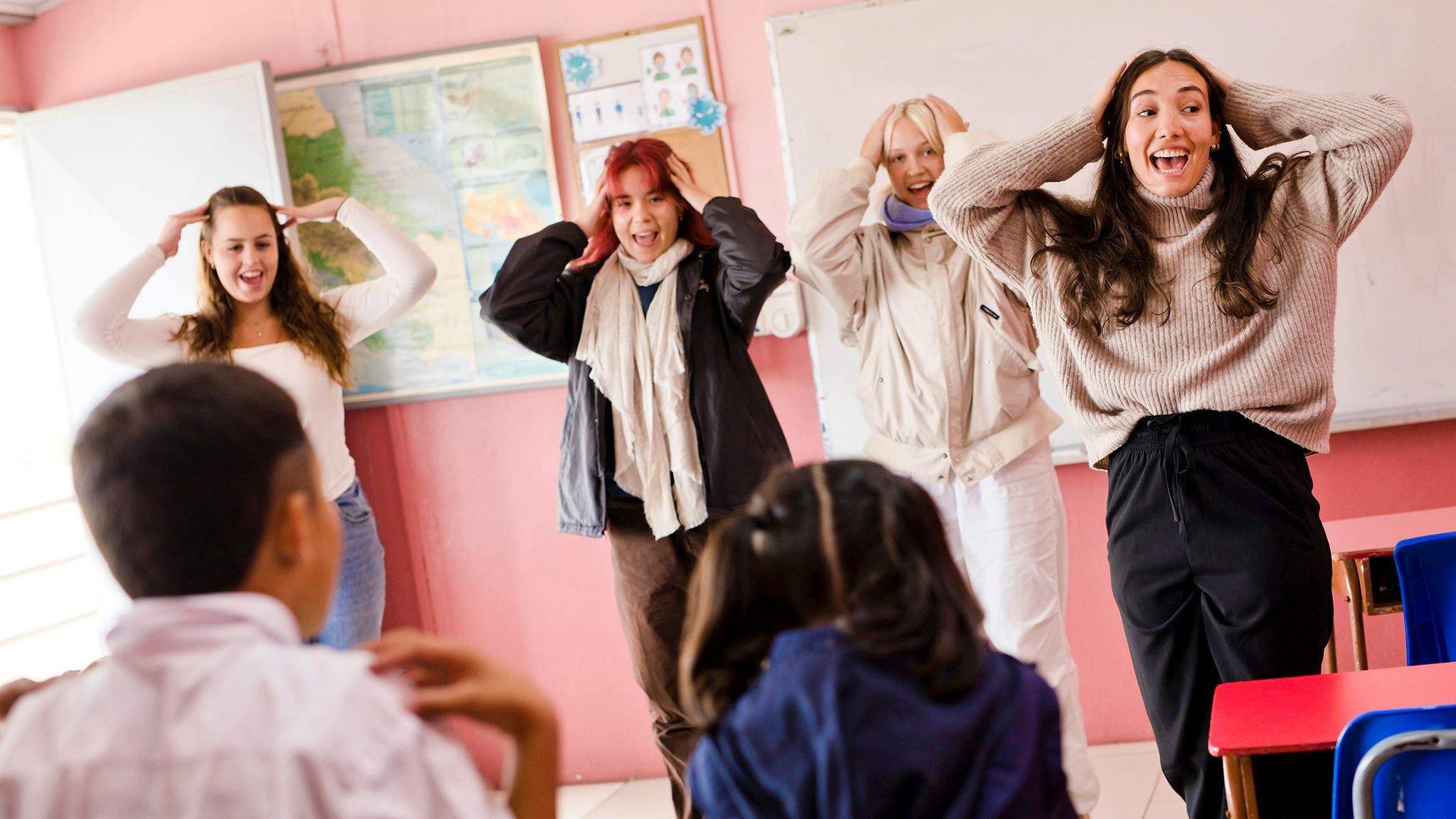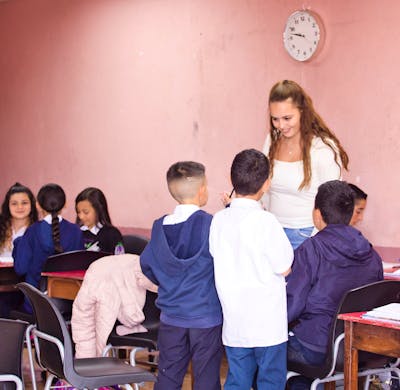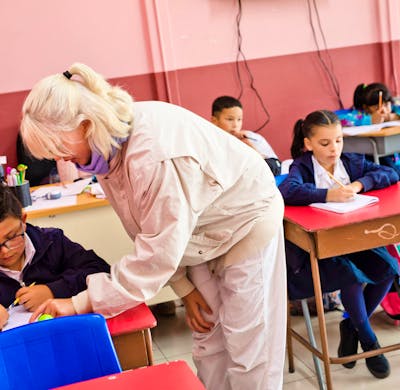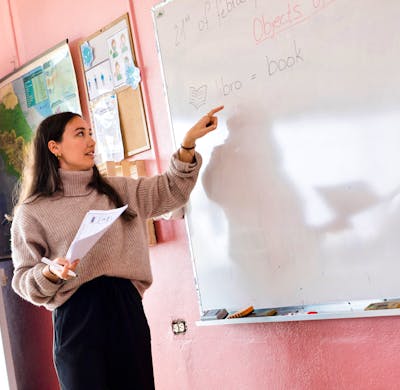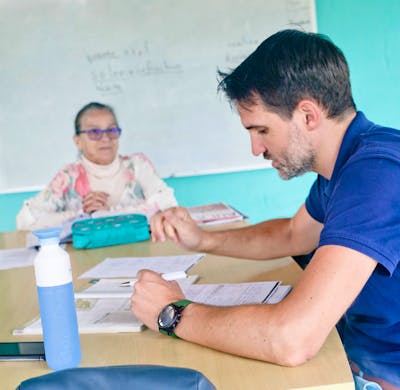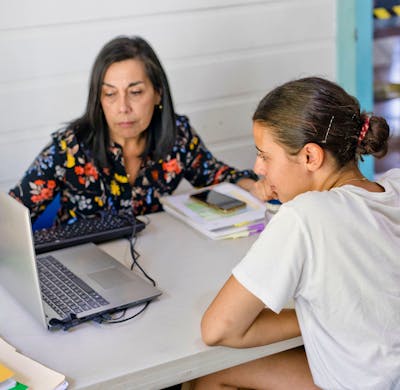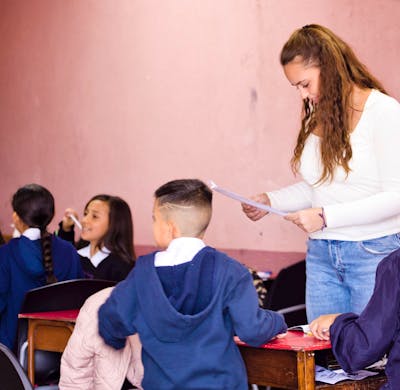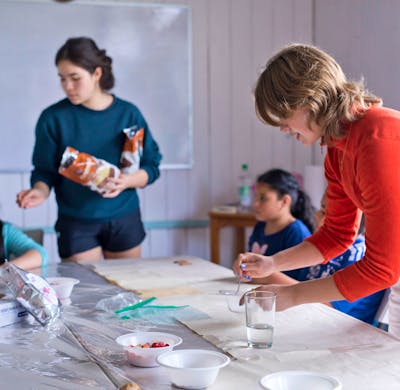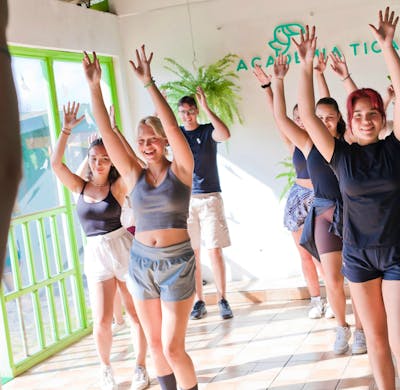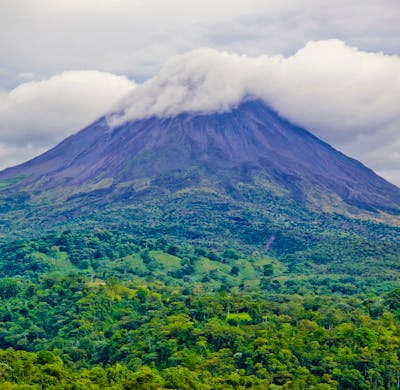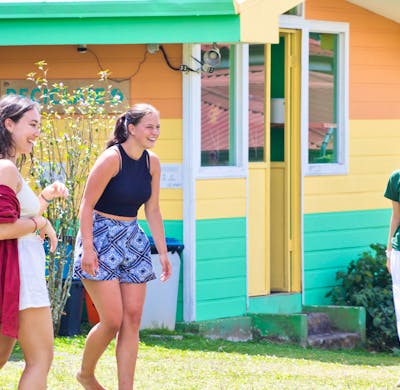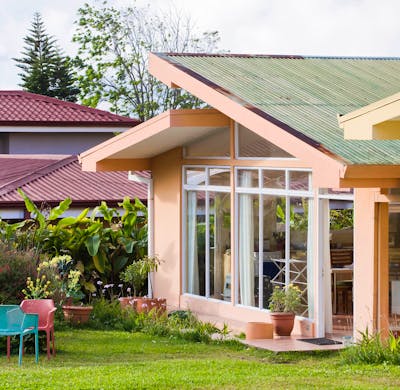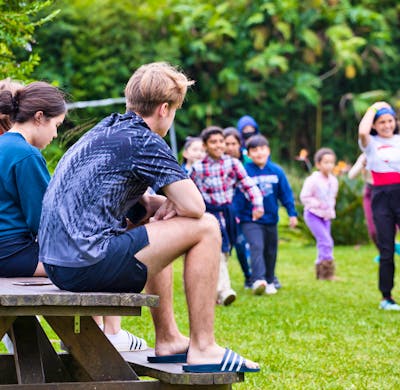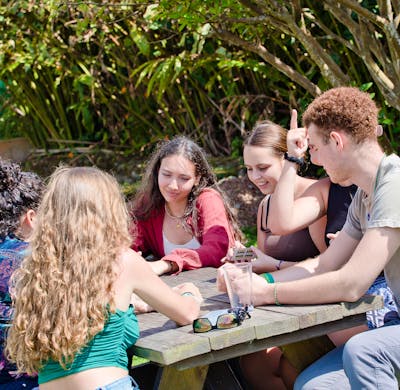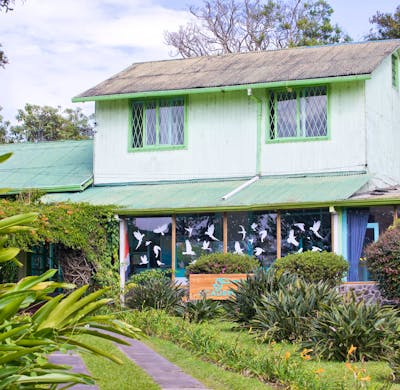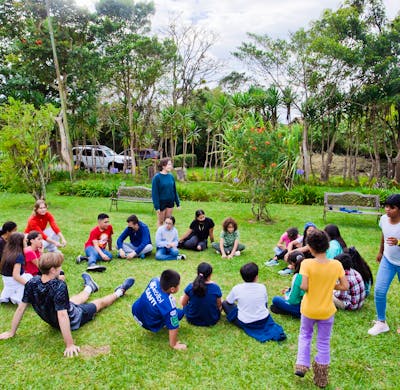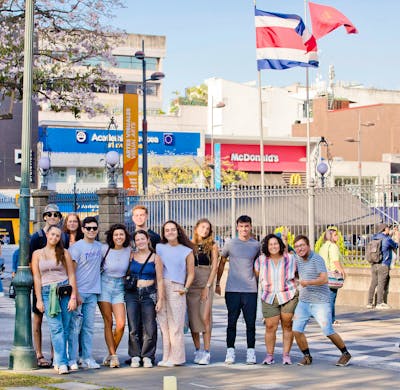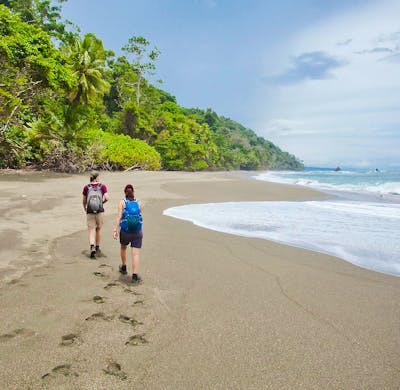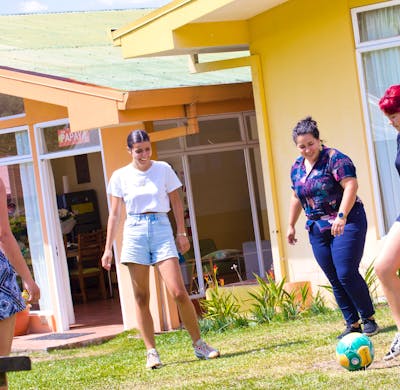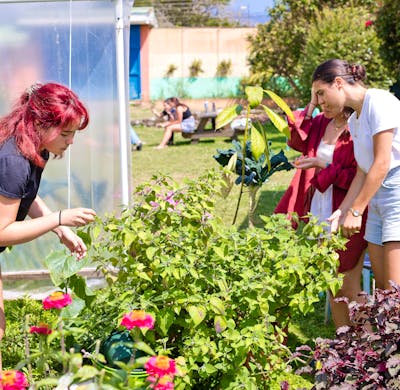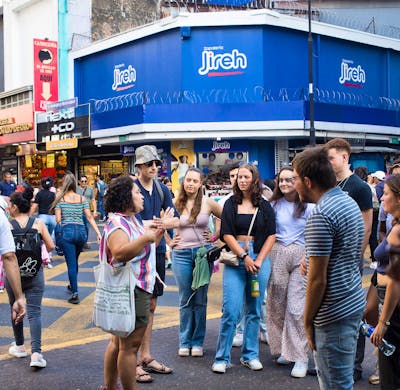Teachers are overseeing classrooms of as many as 40 students, which is providing for much needed assistance. For over a century education has been free for all citizens and this has very much paid off! The literacy rate of Costa Rica is 95% and most students will graduate secondary school with some form of specialised training.
The belief behind free education is the empowering future that comes as a result. The government believes that providing a solid education will then provide the country with future scientists, businessmen and government leaders to advance with the times and have similar beliefs. The mission of the Costa Rican school system is, “To create a well-educated populace that will one day improve their national (and even global) lot.” Costa Rica is a community based society and the belief of their students isn’t to build individual success, but to create a foundation for the success of humanity.
In 1869 Costa Rica was the first country in Central America to make education free for all citizens. Much of the funding was founded after the military was disbanded in the late 1950s and poured into the education system. Since the early 70s more than 30% of the country’s budget was invested into the education. So much so that while in the country you will find there to be more teachers than policemen!
Primary education is mandatory for children 6 to 13 years old lasting 6 years in total followed by a voluntary Secondary education lasting five years. Secondary education will be separated into 2 parts. The first three years will provide students with general education including maths, science and grammar. The final two years are for specialised training such as computer science, media & technology, clinical assistance and childcare training.
The public and private school systems are similar as the curriculum is enforced and determined by the Ministry of Education. The major difference between the two will be that extra classes are offered to follow that of the US preparing their students to travel abroad for university education. Courses can be taught in multiple languages to ensure that when graduation comes the students receive accreditations equivalent to that of the US diploma or the International Baccalaureate Diploma. The cost of private education is very high and only those from high-income families are able to receive such programmes.
Social classes are a major factor in the social system of Costa Rica. Costa Ricans feel that their high education sets them apart from those of less fortune and due to this there has been great focus on expansion of primary and secondary education. Families born into the lower classes will almost always remain in this class, but in certain cases due to free education and family sacrifice children can be placed into private education or English classes that progress them into further levels of education. This is where free assistance within the public school system can really provide a fighting chance for those of lower classes.
PMGY Costa Rica is happy to provide assistance and lessons for the teachers of Coronado. The best part about the programmes in Costa Rica is that each volunteer programme starts out with 1 week of Spanish classes to ensure you are able to apply yourself with the children and teachers! This especially helps during English lessons. Many teachers have studied with foreign educators, but do so in a University level meaning that even their English was developed at an older level. Volunteers have the chance to start educating the students as young as 6 years old in the public-school system just a five-minute walk from the Volunteer House.
Can I use PMGY's programme as part of a university placement?
It is certainly possible to use one of PMGY’s programmes as part of your university or college placement. Project staff can sign off any paperwork required by your course tutors. PMGY regularly receives medical, childcare, psychology and nursing placement students at our projects around the world and we have ties with some of the leading universities.
If you’re a course tutor and would like further information about how one of PMGY’s programmes could meet the placement requirements for your degree course then please message us.
Is it safe to travel to PMGY destinations?
Although our volunteers work in the developing world, we always ensure our host locations are safe. Each programme has been extensively researched and has passed our strict vetting process. Our UK team undergo an extensive routine when establishing our in-country infrastructures and we continue to monitor our safety procedures on a regular basis. Furthermore, we monitor the stability of our volunteer destinations on a daily basis. Through our constant contact with consulates and embassies and our reports from our overseas teams, we are able to ensure that our volunteers are never placed in unstable regions.
The PMGY team have visited and participated in every programme we offer and verified them based on our own independent criteria. We carefully inspect every little detail of our set-up. From inspecting the living conditions, checking out the neighbourhoods you’ll be staying in, to tasting the food you’ll be eating – each and every programme we establish has gone through a lengthy and rigorous vetting process. Risk assessments have been written for all areas in which PMGY operate and our experienced local coordinators are always on-hand to manage any emergencies that may occur. Our UK team are always on the road reviewing our risk management procedures in the field and monitoring local conditions.
In emergency situations we have the necessary protocols and equipment in place and we are able to evacuate our volunteers from potential dangers. Our local coordinators are trained to deal with emergency circumstances.
When you join PMGY we will send you a Volunteer Handbook. This document addresses a range of issues such as health, safety, visa issues etc. Furthermore, our UK team are only ever a phone call away should you wish to discuss any aspect of your upcoming programme. When you arrive in-country, you’ll be given a comprehensive safety briefing during your orientation course by our local coordinators. We will go through everything from emergency procedures, how to use local transport and cultural differences. You’ll also be given the opportunity to purchase a local SIM card, something we strongly suggest, so you’re contactable at all times. We will provide you with a full list of the important contact numbers that you’ll need to know.
All our local teams are experienced development professionals who have years of experience in hosting international volunteers. They are our representatives on the ground and will assist you 24/7 throughout your stay. Whether you need to call home, travel at the weekend or require urgent assistance – they are there to support you.
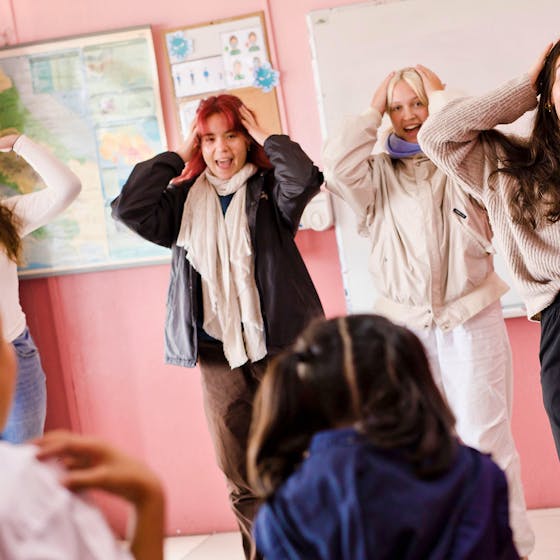
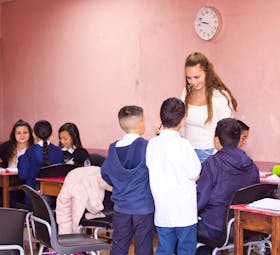
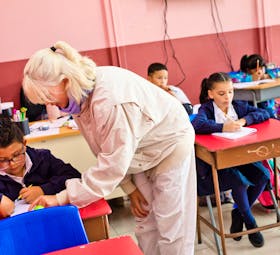
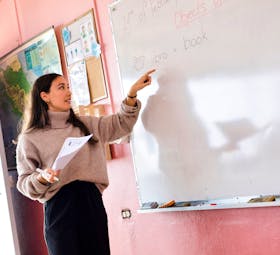
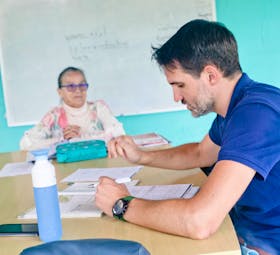
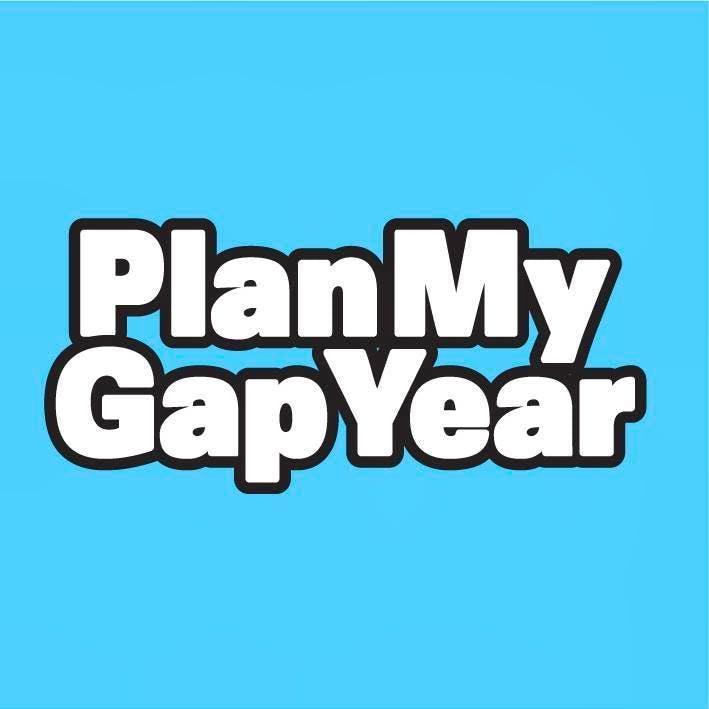
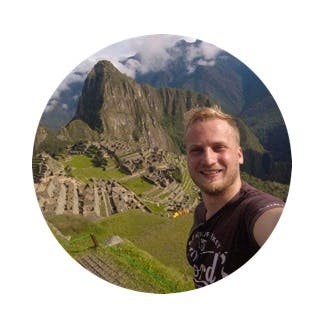
 4.8
4.8

